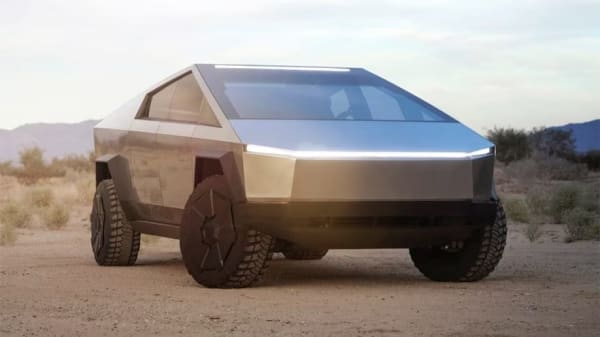Biden's Electric Vehicle Push: A Comprehensive Analysis
The automotive industry is undergoing a transformative shift as electric vehicles (EVs) steadily gain momentum. President Biden has made the transition to EVs a cornerstone of his administration's climate agenda, proposing a slew of policies and incentives to promote their adoption. While these efforts have been met with enthusiasm from environmentalists and EV advocates, some critics have raised concerns about the potential costs for consumers and the broader economy.

Examining the Costs and Benefits of Biden's EV Push
At the heart of the debate surrounding Biden's EV push lies the question of affordability. Critics argue that the federal government's generous tax credits and subsidies for EV purchases are artificially inflating the demand for these vehicles, leading to higher prices for all consumers, regardless of their choice of vehicle. They also point to the potential for supply chain disruptions and job losses in the traditional automotive industry as EVs gain market share.
Proponents of Biden's EV policies counter that the long-term economic benefits of widespread EV adoption far outweigh the short-term costs. They argue that EVs are more fuel-efficient and produce fewer emissions than gasoline-powered vehicles, leading to significant cost savings for consumers and environmental benefits for society as a whole. Additionally, they point to the potential for job creation in the EV industry as it expands to meet growing demand.
Analyzing the Impact of EV Subsidies
A key element of Biden's EV strategy is the extension of the federal tax credit for EV purchases, which can provide buyers with a savings of up to $7,500 per vehicle. Critics argue that these subsidies are unfair to consumers who cannot afford to purchase an EV, as they disproportionately benefit wealthier individuals and do little to address affordability concerns for low- and middle-income households.
Proponents of the tax credit argue that it is a necessary incentive to encourage EV adoption, particularly in the early stages of market development. They point to the success of similar tax credits in other industries, such as renewable energy, in stimulating innovation and driving down costs.

Addressing Supply Chain Disruptions and Job Losses
The transition to EVs raises concerns about potential disruptions in the supply chain for critical minerals such as lithium, cobalt, and nickel, which are essential components of EV batteries. Critics argue that these disruptions could lead to job losses in the traditional automotive industry, as automakers shift their focus to producing EVs.
Proponents of EVs argue that the supply chain challenges can be addressed through strategic investments in domestic mineral production and recycling initiatives. They also point to the potential for job creation in the EV industry, which is expected to grow significantly in the coming years.
Assessing the Infrastructure Needs for EVs
The widespread adoption of EVs will require a significant expansion of charging infrastructure, as these vehicles rely on a network of public and private charging stations. Critics argue that the costs of building and maintaining this infrastructure will be passed on to consumers, potentially leading to higher electricity rates.
Proponents of EVs argue that the infrastructure costs can be managed through a combination of public and private investment. They point to the potential for charging stations to generate revenue through user fees, as well as the potential for cost savings from the reduced demand for traditional gasoline infrastructure.
Balancing Short-Term Costs and Long-Term Benefits
The transition to EVs is undoubtedly a complex undertaking with both potential costs and benefits. While there are concerns about affordability, supply chain disruptions, and infrastructure costs in the short term, proponents argue that the long-term economic and environmental benefits outweigh these concerns.
As the EV market continues to evolve, it is crucial for policymakers to strike a balance between addressing the immediate concerns of consumers and fostering the long-term growth of the EV industry. By carefully considering the potential costs and benefits, policymakers can ensure that the transition to EVs is equitable, sustainable, and beneficial for all.
